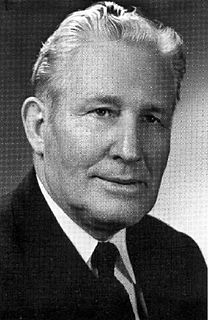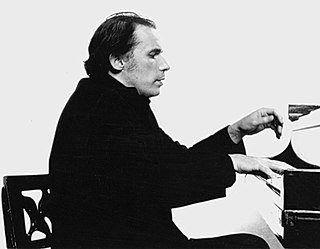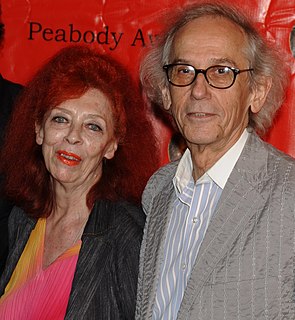A Quote by Sylvia Plath
And there's the fallacy of existence: the idea that one could be happy forever and age with a given situation or series of accomplishments.
Related Quotes
Notable enough, however, are the controversies over the series 1 - 1 + 1 - 1 + 1 - ... whose sum was given by Leibniz as 1/2, although others disagree. ... Understanding of this question is to be sought in the word "sum"; this idea, if thus conceived - namely, the sum of a series is said to be that quantity to which it is brought closer as more terms of the series are taken - has relevance only for convergent series, and we should in general give up the idea of sum for divergent series.
All emanates from Source! ...You're not this body and its accomplishments. You are the observer. Notice it all; and be grateful for the abilities you've been given, the motivation to achieve, and the stuff you've accumulated. But give all the credit to the power of intention, which brought you into existence.
Every new born being indeed comes fresh and blithe into the new existence, and enjoys it as a free gift: but there is, and can be, nothing freely given. It's fresh existence is paid for by the old age and death of a worn out existence which has perished, but which contained the indestructible seed out of which the new existence has arisen: they are one being.
To the European, it is a characteristic of the American culture that, again and again, one is commanded and ordered to 'be happy.' But happiness cannot be pursued; it must ensue. One must have a reason to 'be happy.' Once the reason is found, however, one becomes happy automatically. As we see, a human being is not one in pursuit of happiness but rather in search of a reason to become happy, last but not least, through actualizing the potential meaning inherent and dormant in a given situation.
When you are happy you are ordinary, because to be happy is just to be natural. To be miserable is to become extraordinary. Nothing is special in being happy - trees are happy, birds are happy, animals are happy, children are happy. What is special in that? It is just the usual thing in existence. Existence is made of the stuff called happiness. Just look! - can't you see these trees?...so happy. Can't you see the birds singing?...so happily. Happiness has nothing special in it. Happiness is a very ordinary thing.







































